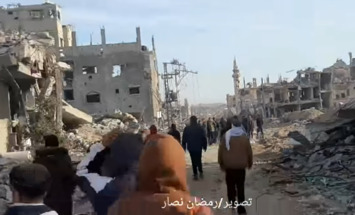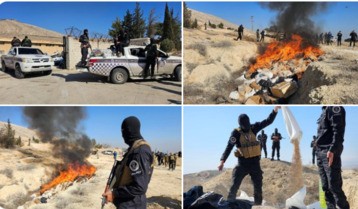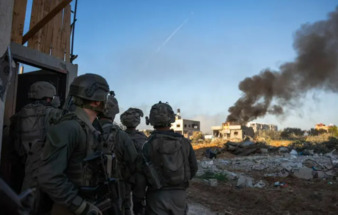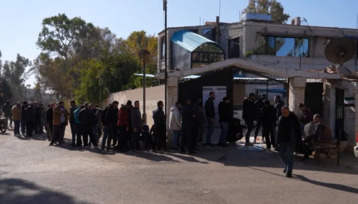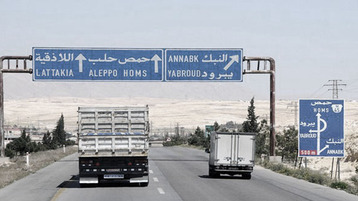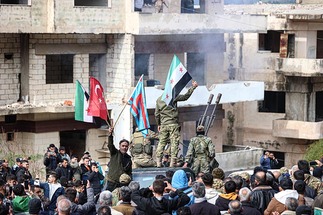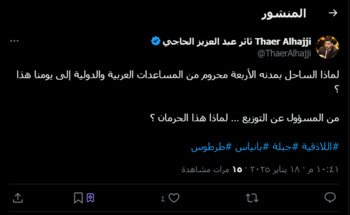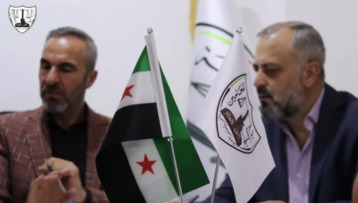-
Russians flee to border after military call-up
-
Queues have formed at border crossings since the call-up on Wednesday (Sep 21), which could see 300,000 people summoned to fight.
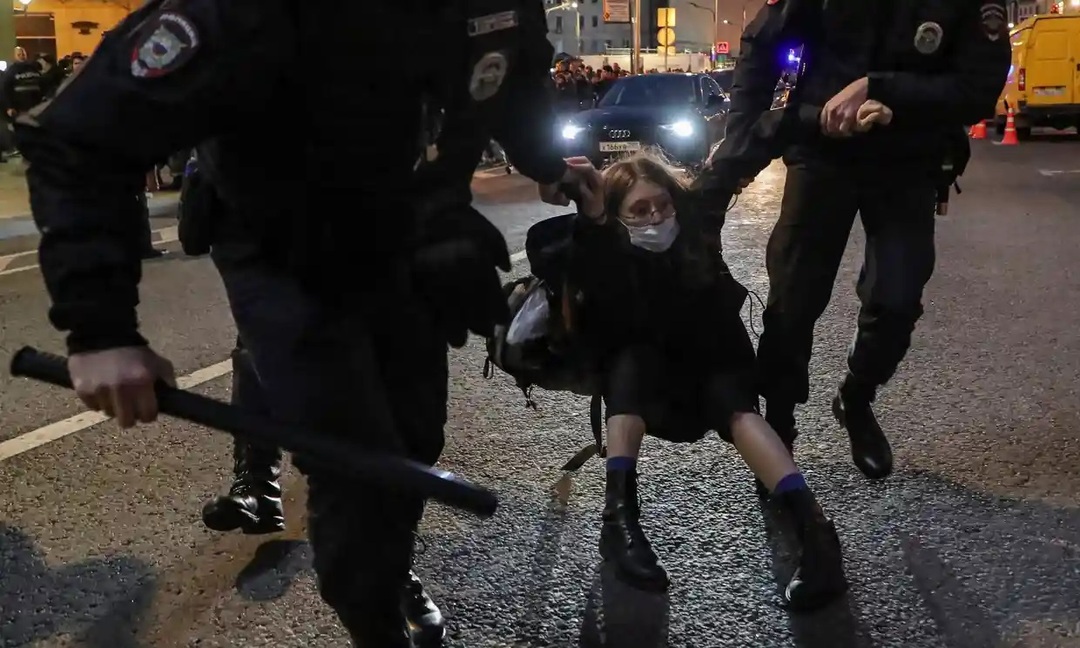
Following President Vladimir Putin’s announcement Wednesday (Sep 21) of the first military partial mobilisation since the second world war, Russian men started packing their belongings and rushed to leave the country.
The call-up sparked protests in major Russian cities including Moscow and St Petersburg on Tuesday (Sep 20), resulting in a reported 1,300 arrests.
Some people took to social media to criticise protesters for not speaking out earlier, when their country’s troops were committing human rights abuses in Bucha, Irpin and countless of other towns across Ukraine.
Ukrainian President Volodymyr Zelensky urged Russians to resist the mobilisation during his nightly address on Thursday (Sep 22).
Referring to Russian deaths in the war, he said: "Want more? No? Then protest. Fight back. Run away. Or surrender to Ukrainian captivity."
The Kremlin says reports of fighting-age men fleeing are exaggerated.
Queues have formed at border crossings since the call-up on Wednesday (Sep 21), which could see 300,000 people summoned to fight.
Options to flee are limited. Earlier this week, four of the five EU countries bordering Russia announced they would no longer allow Russians to enter on tourist visas.
Georgia is one of the few neighbouring countries that Russians can enter without needing to apply for a visa. Finland, which shares a 1,300km (800 mile) border with Russia, does require a visa for travel, and also reported an increase in traffic overnight - but said it was at a manageable level.
North Korea denies selling weapons to Russia
Other destinations reachable by air - such as Istanbul, Belgrade or Dubai - have seen ticket prices skyrocket immediately after the military call-up was announced, with some destinations sold out completely.
Turkish media have reported a large spike in one-way ticket sales, while remaining flights to non-visa destinations can cost thousands of euros.
UK foreign secretary calls on countries to reject pro-Russia referenda in Ukraine
Germany's interior minister signalled on Thursday that Russians fleeing the draft would be welcome in her country.
Some of those heading into the neighbouring country have used bicycles to bypass lines of cars and evade a ban on crossing on foot, the BBC said.
One of these men, who did not want to be named, told the BBC's Nina Akhmeteli that he had waited since 09:00 local time (05:00 GMT) on Thursday and managed to cross over late that evening.
Many of those who are still in Russia will feel that time is running out. At least three regions have already announced they will close their borders to men eligible for the draft.
Border agents at Russian airports have also reportedly started interrogating departing male passengers about their military service status and checking return tickets.
Russian officials insist the call-up will be limited to those who had completed military service, and fall short of widespread conscription.
Russia’s invasion of Ukraine has cost Kyiv ‘$1 trillion’ in damages
But inside Russia, there is also speculation that the military mobilisation could be larger than formally announced.
The independent Novaya Gazeta newspaper, which moved its operations to Europe amid a post-war crackdown on media, reported that Vladimir Putin's decree contains an additional paragraph which has been classified and kept secret.
The newspaper alleges that the secret paragraph allows for a call-up of up to a million people, rather than the reported 300,000, citing an unnamed government source.
levantnews-theguardian-BBC
You May Also Like
Popular Posts
Caricature
opinion
Report
ads
Newsletter
Subscribe to our mailing list to get the new updates!

